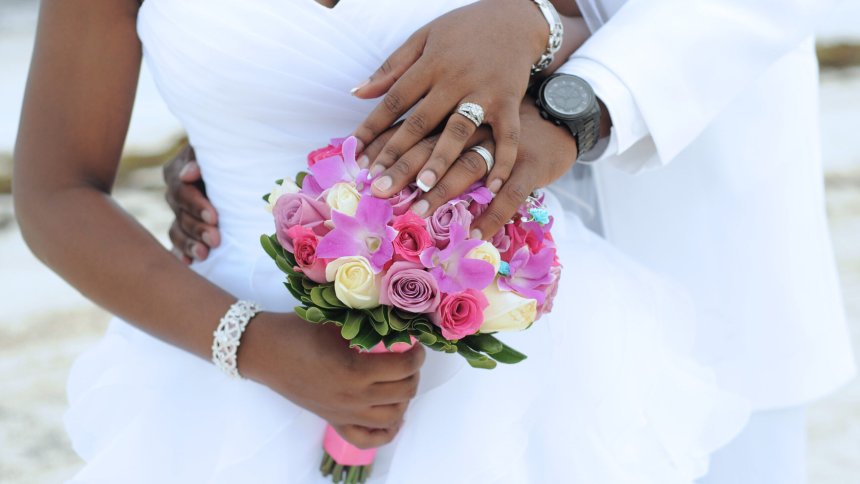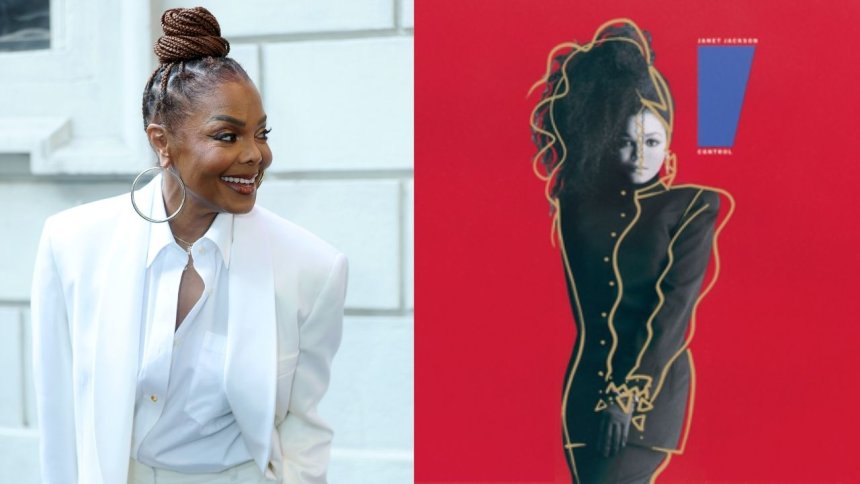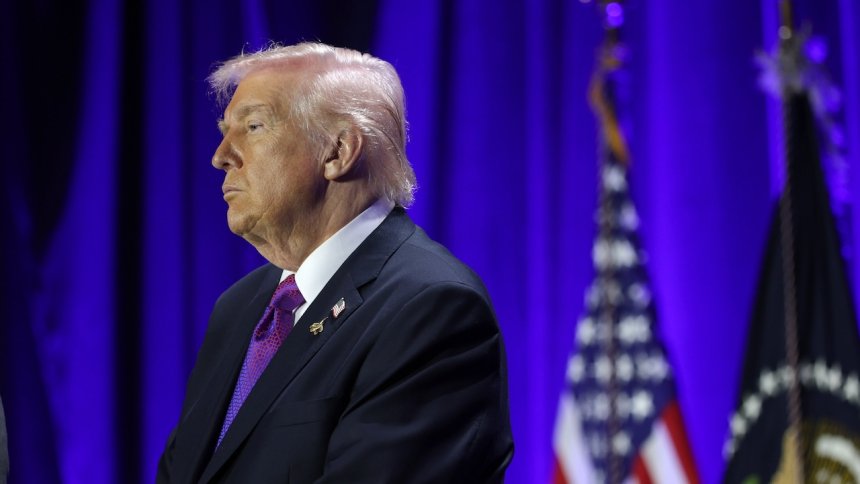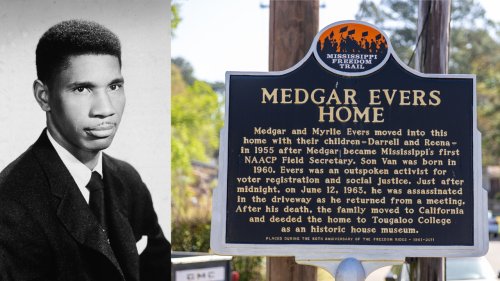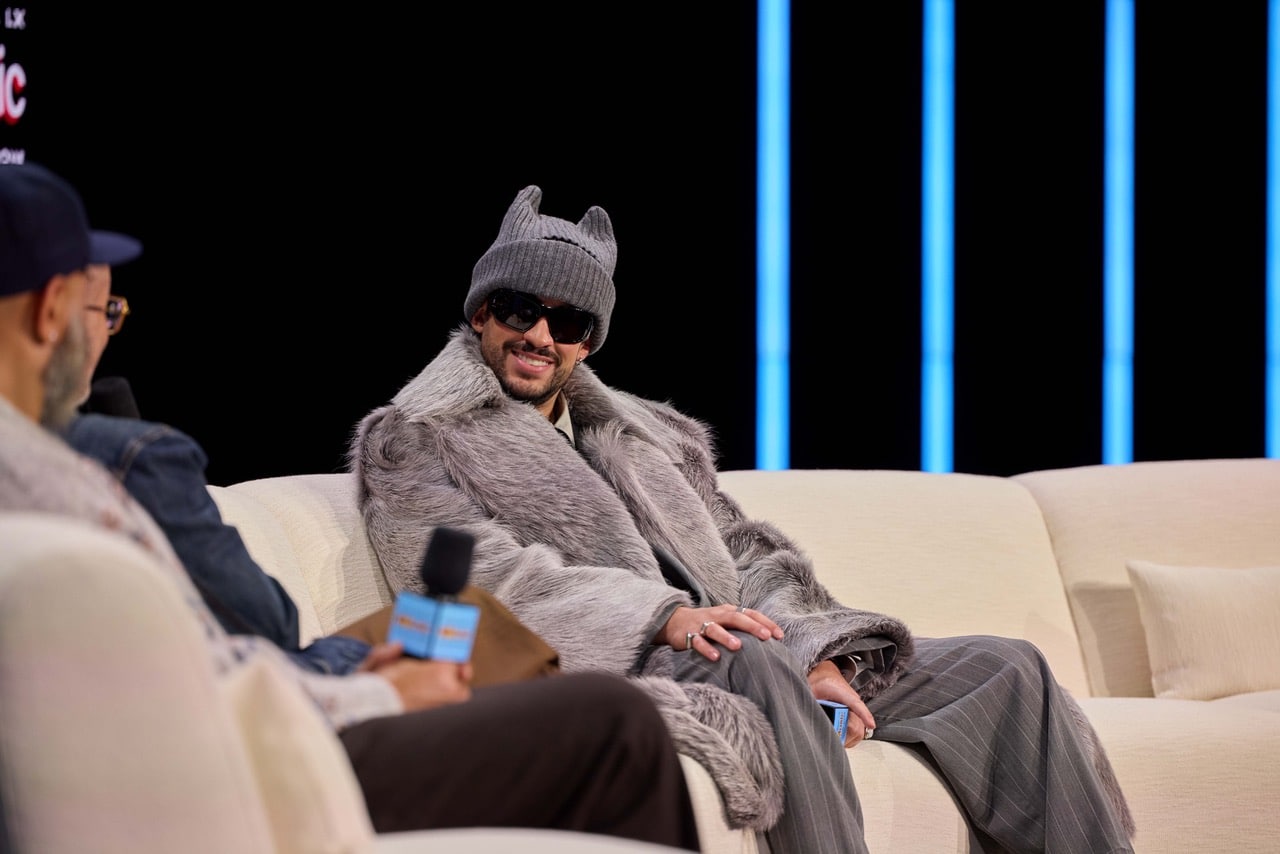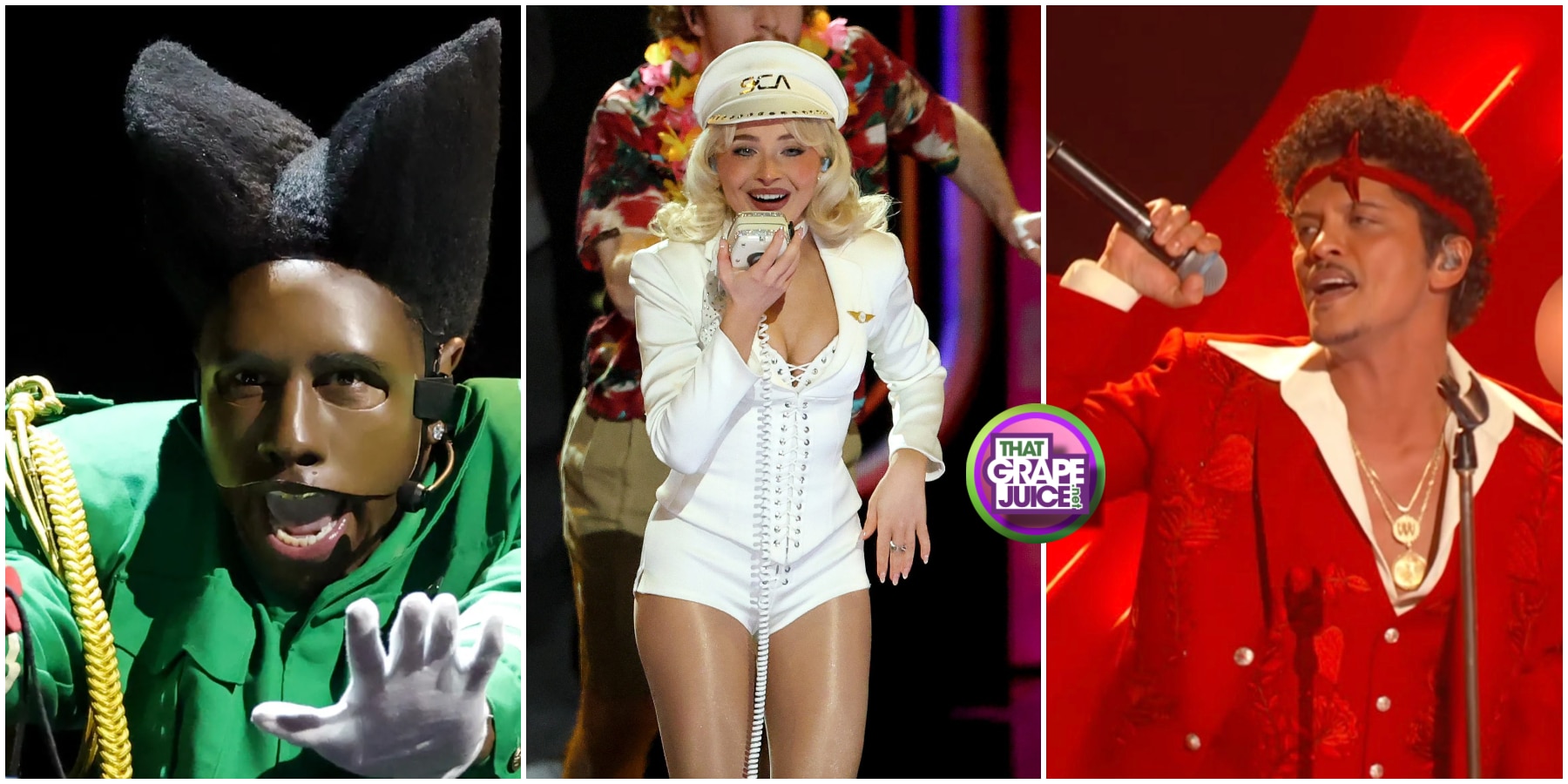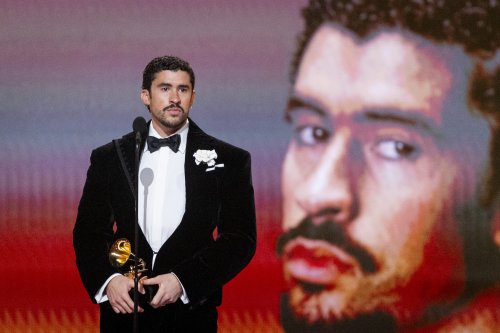From cookouts to hiking clubs: how Black folks are reclaiming the outdoors
Black folks have been reclaiming space in the great outdoors through hiking, specialized clubs, festivals, and more. This summer, Black
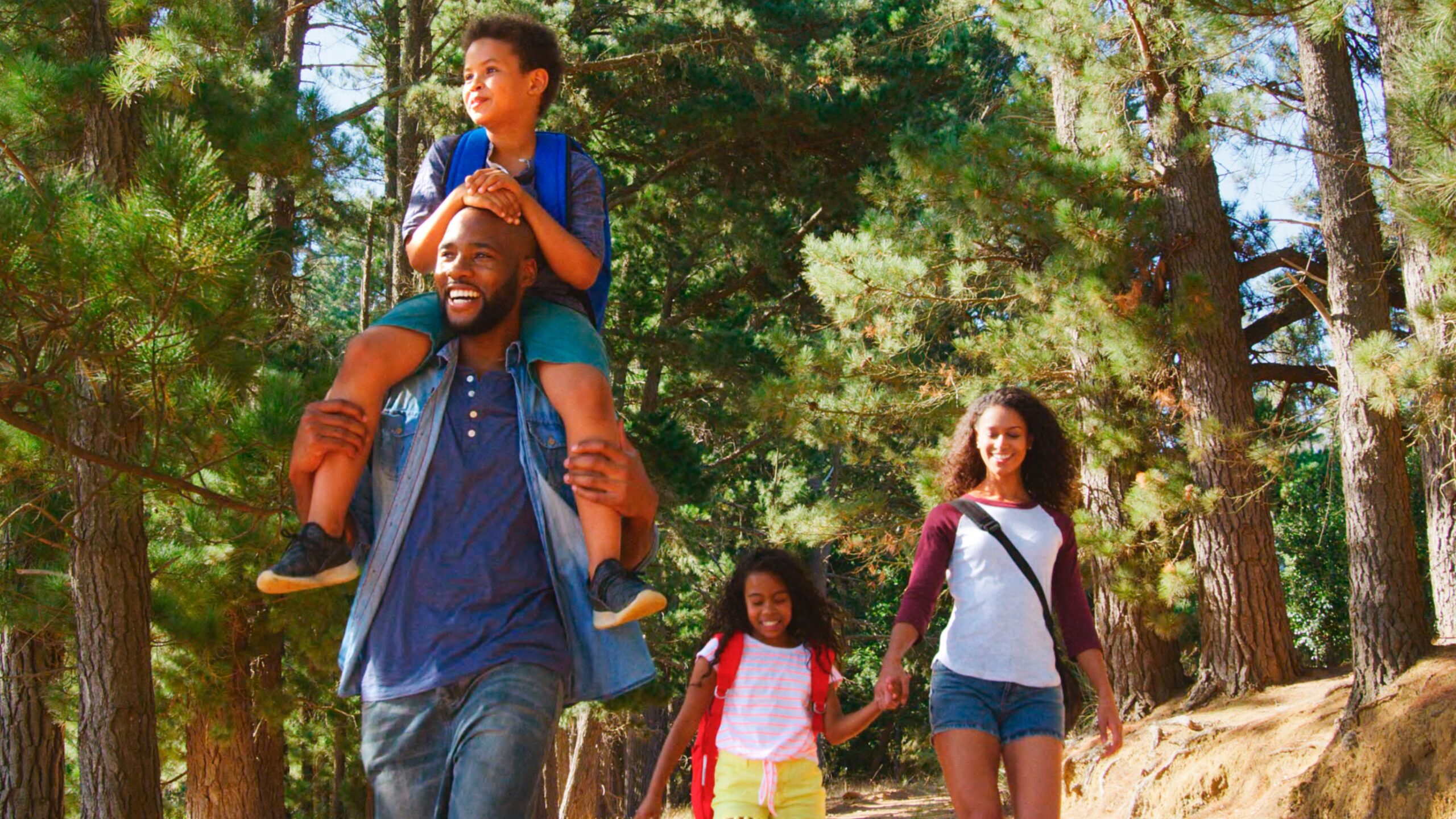
Black folks have been reclaiming space in the great outdoors through hiking, specialized clubs, festivals, and more.
This summer, Black folks got outside, and we didn’t just touch grass; we made it a whole vibe.
From music festivals to hiking clubs, audiobook walking groups to glamping resorts, Black people have been inspiring each other to reconnect with nature. It’s part movement, part cultural reset, and a complete joyful reminder that the outdoors isn’t just for some, it’s for us too.
For the DMV-based Black Girls Hike, the goal was simple: create a safe, welcoming space for Black women to explore the trails.
As the founder Asia Bright explained, “Nature is healing in itself. Just being in a forest away from first-world problems, it’s healing in itself, and just the conversations that we have… it’s a great way to air out our grievances in a safe space where we might not be able to do it elsewhere.”
That sense of community has helped make the group a thriving network based in the DMV, where thousands of members are trading city noise for waterfall trails, fire pits, and fresh air.
Still, some people see Black folks hiking as a form of resistance. The founder, who began hiking during the pandemic as way to get outside, sees it differently.
“I don’t see it as a form of resistance,” she said. “Black people specifically, we come from nature. We’re like outdoor and natural people. It’s only resistance to the people that have been keeping us out. But from us, we belong here.”
It’s a reframing that centers belonging and joy rather than opposition — a reminder that nature has always been ours, too. And for those intimidated by the idea of venturing into the woods? Black Girls Hike is intentional about easing people in.
“Most of the times, hiking groups have a hike lead and they are familiar with the space,” Bright explained. “We have hiking apps that lay out trails, difficulties, inclines and landmarks, so they make it fairly for anyone that would like to come out.”
She added, “Bring water, boots, and an open mind … The more that you’re open to experiences, the better your experience will be.”
It’s a sentiment echoed in larger movements like Outdoor Afro, the national nonprofit dedicated to reconnecting Black communities with nature. The group has expanded its work beyond hiking to include swimming, kayaking, and even scuba diving, rewriting narratives that long kept Black folks away from the water. Other groups with similar missions include Outdoorsy Black Women, Vibe Tribe Adventures, and Black Girls Run.
But getting outside isn’t just about health; it’s also about celebration. The Dear Summer Festival showed exactly that when thousands of festival goers turned out at stops around the country this summer.
“It started out as a way for us to gather. We all went to college together. Everybody graduated, moved to different areas, and then we didn’t see each other anymore, co-founder Danny Adkins explained of the initial gathering that began as a barbecue in Harlem.
In the mid to late 2000s, Adkins said his friends, who were all HBCU graduates, decided, “let’s do a cookout to kind of be a reunion for us to gather and get back together. And it’s just kind of grew from there.”
The growth is undeniable. The D.C. stop alone drew between 4,000 and 5,000 people this year, with headliners like Boosie Badazz and weekend-long programming that included a rooftop kickoff, a massive Saturday day party, and a Sunday brunch. The organizers also make a point to give back. This year, they hosted a community service event at the local Boys and Girls Club, complete with back-to-school giveaways.
But at its core, the festival is still about connection.
“It’s such a vibe. It’s such a beautiful thing when you can bring eight to 9000 people around each other and not worry about no incidents,” co-founder Lenny Nunez.
He noted that typically, festival goers are doing nothing more than what he and the original founders were attempting with the first gathering in Harlem. People are catching up with friends, making new ones, and even making an annual tradition out of it. Nunez recalled how some longtime festival goers have met lifelong friends and even their spouses at the festival.
“We putting love together,” he remarked.
For many, the atmosphere is what keeps them coming back.
“Day parties are more popular with our age group,” said Adkins. “We like going out and having fun. We also like to be able to be home by 11 o’clock.”
And perhaps most powerfully, the organizers see it as a legacy project.
“I have so many people that reached out to us, and they said they started the same way we started,” Nunez shared. “And they look up to what we doing. They admire us, and we glad that we could [be] a positive influence. And we want to continue doing that, continue helping out the people and bringing love, and everyone enjoying yourself.”
He added. “You know, you know life is so short. You know, health is everything. And while we here, let’s enjoy it.”
Leave it to us to remix the concept of getting outside altogether. Some have joined walking clubs that pair steps with audiobooks, and others are glamping in Black-owned spaces like the luxe modern treehouses at New York’s Finger Lakes Treehouse resort, where stylish design meets Black entrepreneurship near scenic Lake Ontario. Meanwhile, as a certain set escaped to the beaches of Martha’s Vineyard others took to paths along the Appalachian Trail. These aren’t just outings and clubs; they’re reimaginings of how the outdoors can feel when curated by us, for us.
Share
What's Your Reaction?
 Like
0
Like
0
 Dislike
0
Dislike
0
 Love
0
Love
0
 Funny
0
Funny
0
 Angry
0
Angry
0
 Sad
0
Sad
0
 Wow
0
Wow
0
